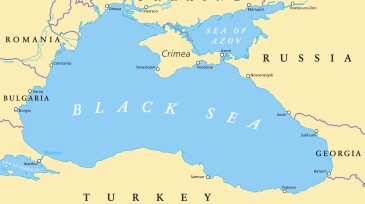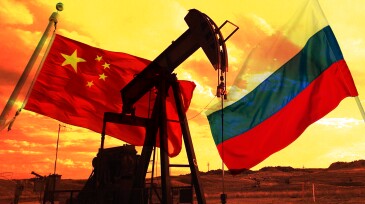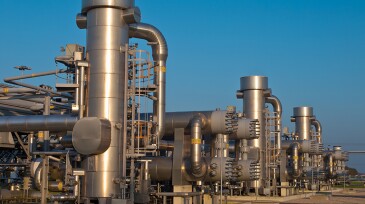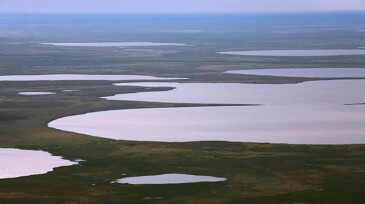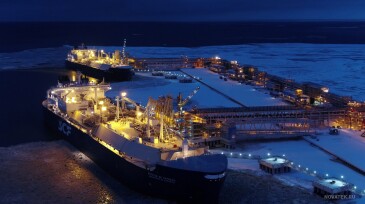Russia
-
The Black Sea is where Turkey shares maritime borders not only with Russia and Ukraine, but also with EU nations such as Romania. Its significance is evolving, both regionally and globally.
-
Russia’s proposed Power of Siberia 2 gas pipeline would enable gas historically exported to Europe to be redirected to China along a single pipeline system that joins the country’s West and East Siberian resource centers.
-
The Dutch Government will no longer issue drilling permits for new onshore oil and gas wells.
-
New well on the Gydan Peninsula strikes gas and condensate.
-
Fossil fuel importers could move more quickly to renewables as a domestic alternative to buffer the impact of energy supply disruptions and rising prices.
-
Novatek is reporting a 6.3% jump in 2022 LNG exports, driven by Europe which has shunned Russian pipeline gas while increasing its purchases of Russian LNG.
-
Energy security in Europe—and globally—now rests on US natural gas exports. Europe’s shift from Russian gas to other supplies has dramatically and permanently changed global gas trade and energy markets.
-
After Russia started a war in Ukraine, oil prices increased and brought in higher oil export revenues in the short run. Longer term, things are looking rougher.
-
The reduction is the largest OPEC+ has made since April 2020, but it may translate to a cut of only 1.1 million B/D because of underproducing members.
-
The largest pipelines connecting Russia and Europe appear to have been destroyed on the same day.

